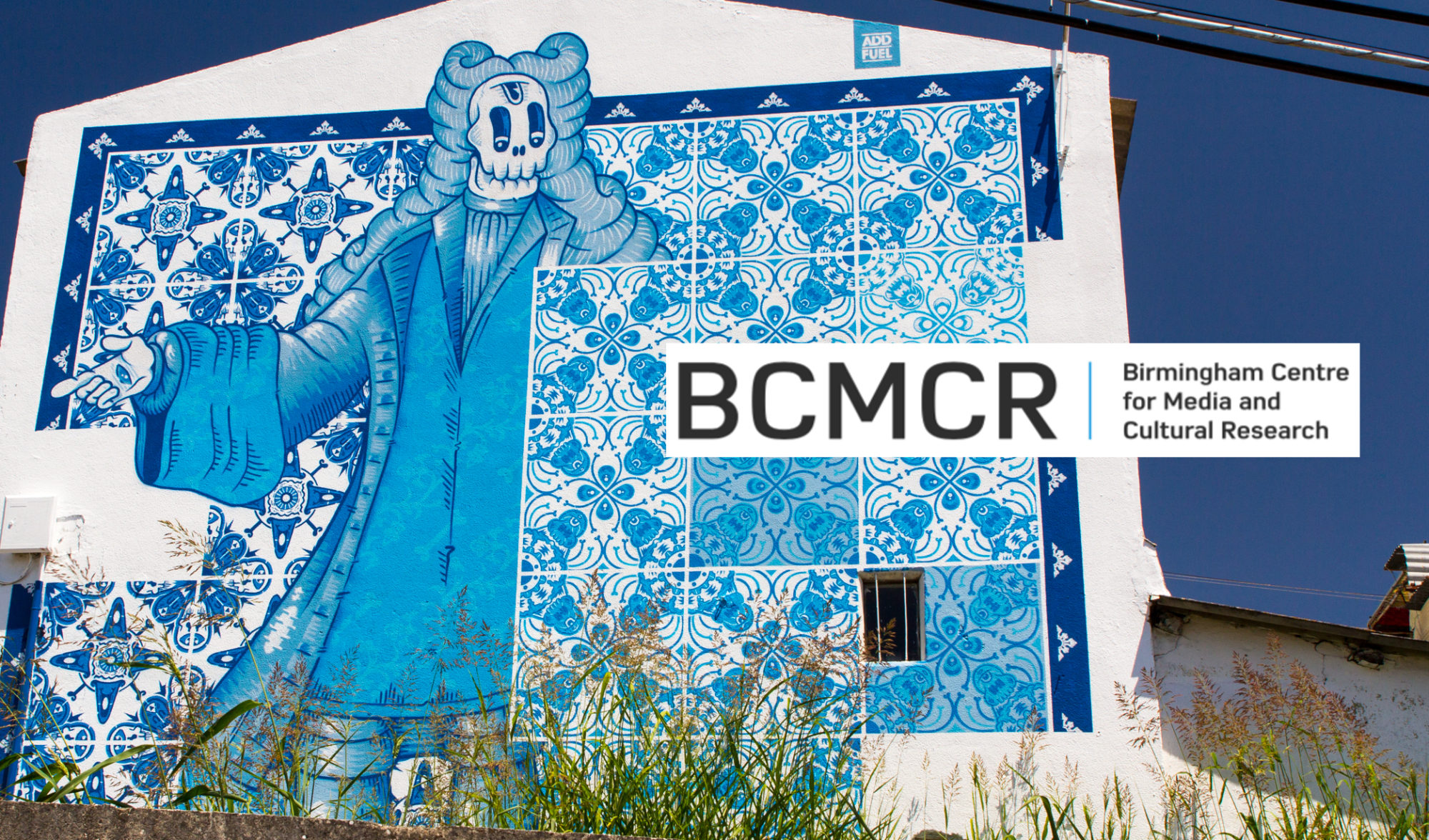The Nottingham Contemporary, a gallery/exhibition space in Nottingham, hosted the On Translation conference from 16 to 17 February 2018.
In these posts (find part 2 here) I’ll give a brief overview of what went on and tease out some of the key questions that it raised for our cultural translation research theme.
Seminar: Rolando Vasquez
Friday’s main event shaped up as a seminar that explored the colonialist implications of translation, given by cultural critic Rolando Vasquez. It was a challenging session. It pushed us to think about the epistemological assumptions we hold when translating, but also raised broader questions about Western frames of reference and the violence they might do, wittingly or unwittingly, to those cultures that are seen through Western eyes.
Drawing on the postcolonial theory, Vasquez argued that translation between Western civilisation and non-Western cultures is inherently colonialist. This is because Western epistemology claims, at base, to be able to know the truth of any particular situation (a hangover from the Enlightenment), and also because Western epistemology implicitly or explicitly centres the West in any frame of reference it might use to explore non-Western subjects. Vasquez calls this our ‘arrogant ignorance’ – we implicitly centre ourselves and assume that we are perfectly able to know everything there is to know, if we don’t know these things already.
Vasquez then outlined the principal consequence of our ‘arrogant ignorance’: non-Western truths/ideas/ways of knowing, being, etc. that don’t look familiar to us are ignored or ‘erased’ when they are translated into a Western context. This counts, for Vasquez, as a repetition of the original act of colonial violence that he takes as founding Western modernity.
In straightforward terms, when we translate, for example, indigenous mythology into Western cultural forms, say for an academic paper, we also unwittingly erase its ‘temporal and ontological specificity’, that is, we overlook those elements for which an equivalent in our Western conceptual schema cannot be found.
A similar argument that specifically handles cultural translation crops up in Talal Asad’s path-breaking essay, ‘The Concept of Cultural Translation in British Social Anthropology’.(1)
Vasquez’s decolonial approach to (cultural) translation is, I would argue, inherently political. It isn’t simply about exploring the challenges involved in cultural translation but holding those who erase subaltern specificity to account. It is about ensuring that colonial violence remains foregrounded, rather than forgotten.
Vasquez raises tough questions, particularly for scholars who work on culture that circulates to and from non-Western contexts. I admire his refusal to wave away the horrors of our shared colonial past. At the same time, of course, Vasquez is writing a broad thesis about a very general (global and historical) practice of translation rather than attending to specific texts, so some of what he says may or may not pan out in the details. Nonetheless, a challenging and informative seminar.
_____
(1) Asad, Talal. “The concept of cultural translation in British social anthropology.” Writing culture: The poetics and politics of ethnography 1 (1986): 141-164.
